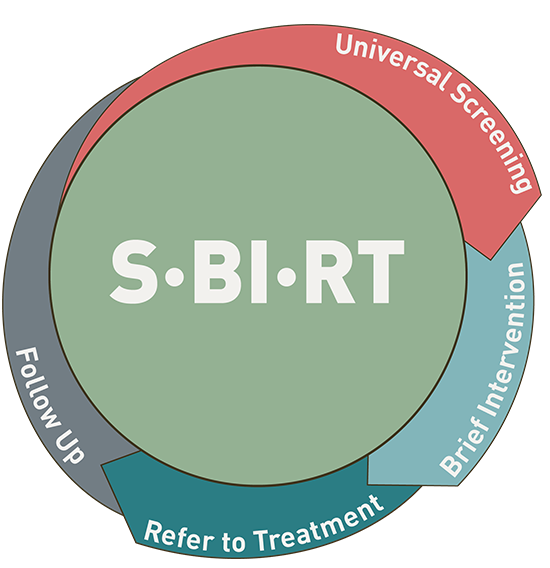
Culturally and linguistically appropriate strategies are the means to ensure respectful and responsive services that enhance effective outcomes for racial, ethnic, and other underserved communities in behavioral health care. As such, being culturally informed when conducting evidence based (EB) practices such as Screening, Brief Intervention, and Referral to Treatment, (SBIRT) can help Hispanic and Latinx clients reduce their substance use.
SBIRT, is an evidence-based practice that helps practitioners identify and intervene with people whose pattern of substance use puts them at risk for or are experiencing substance-related health and other psychosocial problems. The question is: How do we facilitate SBIRT without compromising the fidelity of the model while practicing culturally responsive care?
This two session webinar series will review current landscape of substance use and benefits of culturally adapted evidence-based interventions that align with culturally and appropriate services standards, (CLAS). Further, the content will inform on how a culturally informed framework can help meet the needs and enhance quality care among Hispanic communities at risk.
Goal: Clinical and non-clinical professionals will review the dynamics of facilitating a culturally responsive SBIRT intervention for reducing substance use with Latinx communities and enhance their recovery and wellness process.
Objectives:

Diana Padilla, CLC, CARC, CASAC-T
Research Project Manager @New York State Psychiatric Institute, Division of Substance Use Disorders, Columbia University Medical Center
Diana Padilla is a Research Project Manager, at the New York State Psychiatric Institute, Division of Substance Use Disorders, Columbia University Medical Center. She is a curriculum developer and senior trainer for the Northeast & Caribbean Addiction and Prevention Technology Transfer Centers.
Ms. Padilla is certified by the New York State Office of Addiction Services and Supports (NYS OASAS) as an SBIRT trainer. She provides intensive technical assistance and implementation support to organizations in a variety of settings, who are seeking to incorporate the SBIRT intervention practice to address health, psychosocial, and other concerns related to harmful levels of alcohol and other substance use.